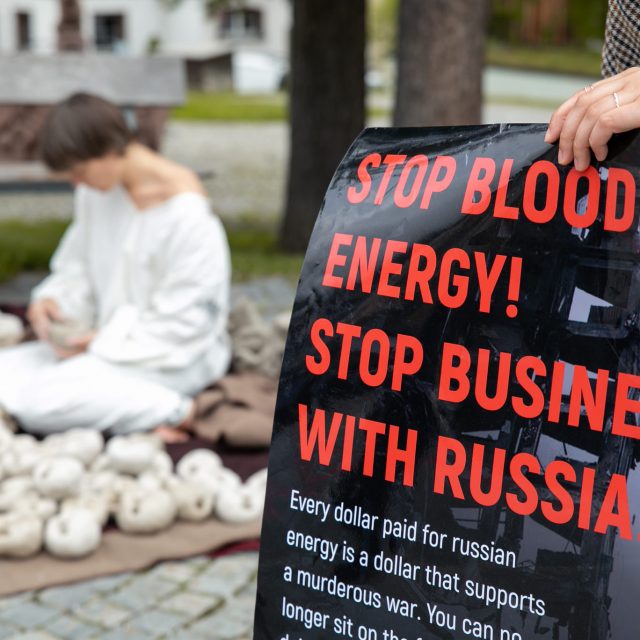Photo by Gabriel Côté on Unsplash
A new draft law on energy consumption has fuelled anger among some MEPs
New draft EU legislation has been branded “too burdensome” by some MEPs.
Centre-right deputies have come out strongly against the new directive on the energy performance of buildings.
Buildings account for 40% of the EU’s final energy consumption and 36% of its energy-related greenhouse gas emissions.
According to some, this exacerbates several social inequalities because they say vulnerable people and those living in energy poverty often reside in the least energy-efficient buildings, with no means to improve their situation.
The overall aim is to help reduce energy consumption and greenhouse-gas emissions from the buildings sector.
Rapporteur for the directive, Irish Greens member Ciaran Cuffe, said the draft “shows clearly how climate policy can have real and immediate benefits for the less well-off in our society.”
But the version just adopted by the European Parliament (with a majority of 399 votes in favour and 170 against) has been attacked by the ECR as “too burdensome.”
The targets are too ambitious and lose sight of the real objective of saving energy, said ECR shadow rapporteur Ladislav Ilčić:
The deputy said, “There is a confusion of priorities. The focus is exclusively on reducing greenhouse gases and not at all on saving energy for the benefit of all citizens, in an affordable manner.”
As an example, he says the report wants to remove incentives for gas boilers from next year and remove them completely by 2040, adding, “as if a gas boiler is not much better than a coal stove.”
Ilčić continued, “A single grandmother in the countryside who heats with wood from her own forest will be forced to install a heat pump and solar panels. Is that realistic?
“Instead of encouraging improvements here, which will always depend on people’s financial means, this report only prescribes the highest standards, which are terribly expensive.
“This could have been an excellent report as people are already motivated by high energy prices to look for more energy efficient solutions for their homes and buildings. Unfortunately, citizens are not seen as partners, but as enemies who must be forced to comply”.
Now, the ball is in the court of the Member States as it will now have to be formally endorsed by the Council of Ministers in order to become law.




